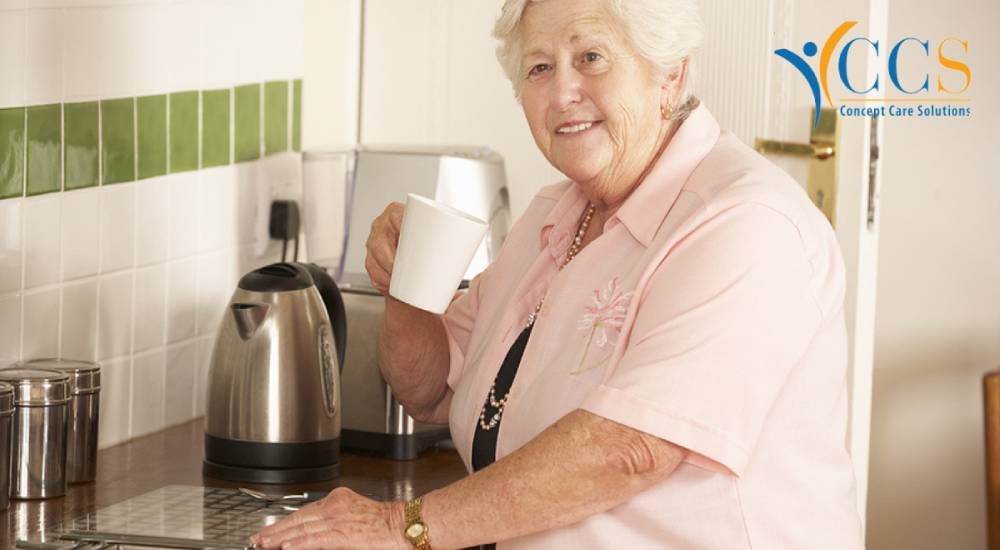
Being able to age in place and enjoy living in our own homes for as long as possible as we get older is, of course, the dream.
There are significant benefits associated with remaining at home, in a comfortable and familiar environment, close to friends and family in a community that you’ve long been a part of… but it’s essential to recognise that changes may need to take place in order to facilitate this, particularly if your needs evolve in line with age.
New research from home lifts provider Stiltz shows that while 78.4 per cent of older people aged between 60 and 99 have a strong preference to stay in their current homes as they get older, 64.4 per cent admit that their level of independence directly impacts their mental health.
One of the biggest impacts on our levels of independence and our ability to continue living at home is mobility challenges – and this study highlights the importance of having honest and open conversations about this and health and safety with loved ones so that specific needs can be identified early on.
This, in turn, will ensure that people feel more supported when it comes to making informed decisions that serve to protect their independence and their mental and emotional health and wellbeing.
Making home adaptations to ensure that properties continue to be accessible may well be necessary as time goes on. For example, the study found that almost half of older people have difficulties climbing stairs, with one in six of those asked admitting that they have to avoid some parts of the house because of mobility concerns.
The study authors concluded: “Starting to think about how you can futureproof a home makes ageing in place a smoother process with fewer challenges down the line. This helps older adults retain their freedom, reduce stress, and continue living comfortably as their needs evolve.
“However, early planning isn’t just about physical modifications; it’s also about fostering a mindset shift. Encouraging more people to see accessibility improvements as a proactive step rather than a last resort can help break down the stigma that these changes are only for those already struggling with mobility.”
How to age in place successfully
The first step to ensuring that you can remain in your own home over the years is to carry out regular home safety checks. These assessments will ensure that all hazards and risks are reduced, thus minimising the chances of slips, trips and falls.
Home modifications can be made in line with the review and updated over time to account for how your needs have changed. Adaptations include downstairs bathrooms, wider doorways, ramps, lower countertops, non-slip flooring, grab bars in bathrooms and so on.
It can be difficult to know where to begin, however, so if you’d like any further help or advice, get in touch with the Concept Care team today.





